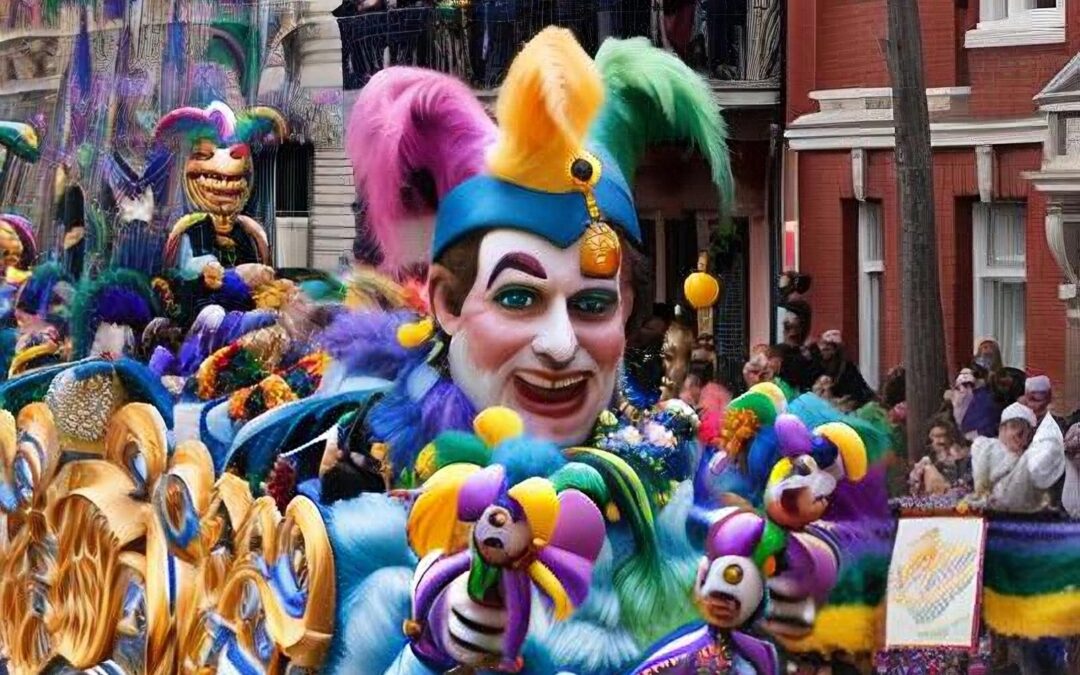Widely known for its extravagant beads and irresistible king cakes, Mardi Gras is one of the biggest holidays every year in New Orleans. Each year, pictures surface of the extravagant floats that parade the streets, but few understand the levels of significance and precision involved in such festivities.
Laws Change For the Holiday
Often recognized for flamboyant masks, Mardi Gras is the only time wearing masks and facial coverings is legal. Per Louisiana state law, doing so on any other day of the year is considered a crime, but for the festivals, mandates state that all float riders must be in disguise.
Parade Spots Are Highly Coveted
While being aboard the float sounds like an exciting way to spend your time, it is not as simple as knowing someone and climbing abroad. To gain access, you must go through the rigorous process of joining a Krew, which requires financial donations, and be selected by the board. If you obtain one of these highly coveted spots, you can ride aboard a dazzling float and attend a Mardi Gras ball.
There is no set date.
Every year, the festival begins on January 6th, but Fat Tuesday is the primary day of Mardi Gras, which does not have a set date. The fluidity is because the holiday must fall 47 days before easter or the day before Ash Wednesday, between February and March. This year, Mardi Gras falls on March 4th! If you haven’t already, be sure to celebrate with a bowl of gumbo and a slice of king cake.
King Cakes Hold Religious Significance
While they have been popularized for their hidden baby and delicious taste, king cakes are highly significant in New Orleans. The traditional oval shape represents the crowns of royalty, with the baby acting as a token of someone being crowned “king for the day.” While the title is rewarding, the chosen person is responsible for purchasing the next cake!
Yellow, Green and, Purple Represent Unity
The festival’s traditional colors were not chosen randomly but are the official royal colors. Each color is essential to the community: Purple represents justice, green represents faith, and yellow represents power. Together, these colors represent power and unity in the spirit of Mardi Gras.
More Helpful Articles
Ride into summer with the San Mateo County Fair
Next week, a Bay Area staple, the San Mateo County Fair, returns! Whether you are a music or thrill lover, the fair has something for everyone. The fair officially opens on May 30 at 4 p.m. and will run a series of events through June 8. Every day will deliver unique...
Off the Grid Rolls into Foster City
A local favorite, Off the Grid, recently debuted its new location in Foster City, and it can’t be missed! It offers the perfect mid-week escape with weekly events every Wednesday from 5 to 9. The trucks will be set up at Leo J. Ryan Park, which sits along the...
Wind down with the San Francisco Zoo!
As the days get longer, the San Francisco Zoo makes the perfect day trip for Bay Area Residents. There is a one-hour session monthly, and registration grants guests access to the zoo for the whole day! The zoo brings fun for all ages, from relaxing events such as Zen...






Recent Comments